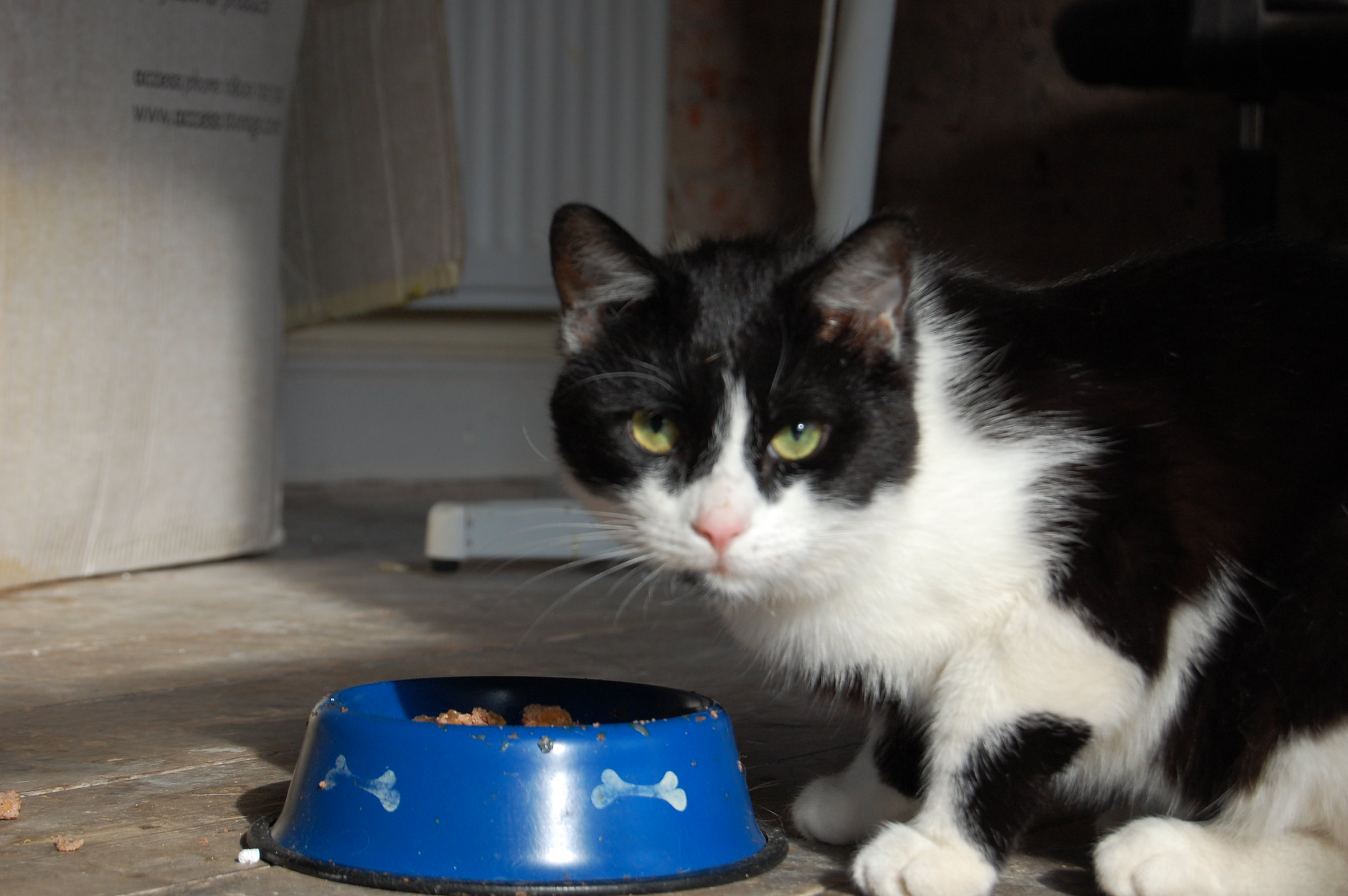_0.jpg)
Yesterday during President Donald Trump's first cabinet meeting, Health and Human Services (HHS) Secretary Robert F. Kennedy Jr. mistakenly said two people died in a Texas measles outbreak, but dismissed the news, saying measles outbreaks happen every year in the United States.
In other measles news, Kentucky has reported a case in an adult who had recently traveled internationally.
Kennedy gets death count wrong
During the cabinet meeting, Kennedy said, "There have been four measles outbreaks this year. In this country last year there were 16. So, it's not unusual. We have measles outbreaks every year."
He did not provide context on the size of the outbreaks. The current outbreak in rural West Texas has at least 124 cases, almost all in unvaccinated children, many of whom are connected to a Mennonite community. The entire country for all of 2024 saw 285 confirmed cases, but we're not even one sixth of the way into 2025.
Kennedy also said two people have died, but Texas officials yesterday confirmed only one death, in an unvaccinated child hospitalized in Lubbock. The last pediatric measles death in the United States before this was in 2003. An adult woman also died from measles in 2015.
The HHS Secretary said kids were being hospitalized for quarantine purposes during the Texas outbreak. But yesterday hospital officials from Covenant Children's Hospital in Lubbock clarified that 20 kids are hospitalized for issues such as breathing problems, and not quarantine.
Kentucky resident visited gym while infectious
Yesterday the Kentucky Department for Public Health (KDPH) and Franklin County Health Department announced a confirmed case of measles identified in an adult Kentucky resident. It said citizens may have been exposed to the person at a Planet Fitness gym in Frankfort in mid-February.
"The resident attended a fitness center in Frankfort, Kentucky, while infectious," the KDPH said in a statement.
The patient had recently traveled internationally to an area with ongoing measles transmission, the KDPH said.














